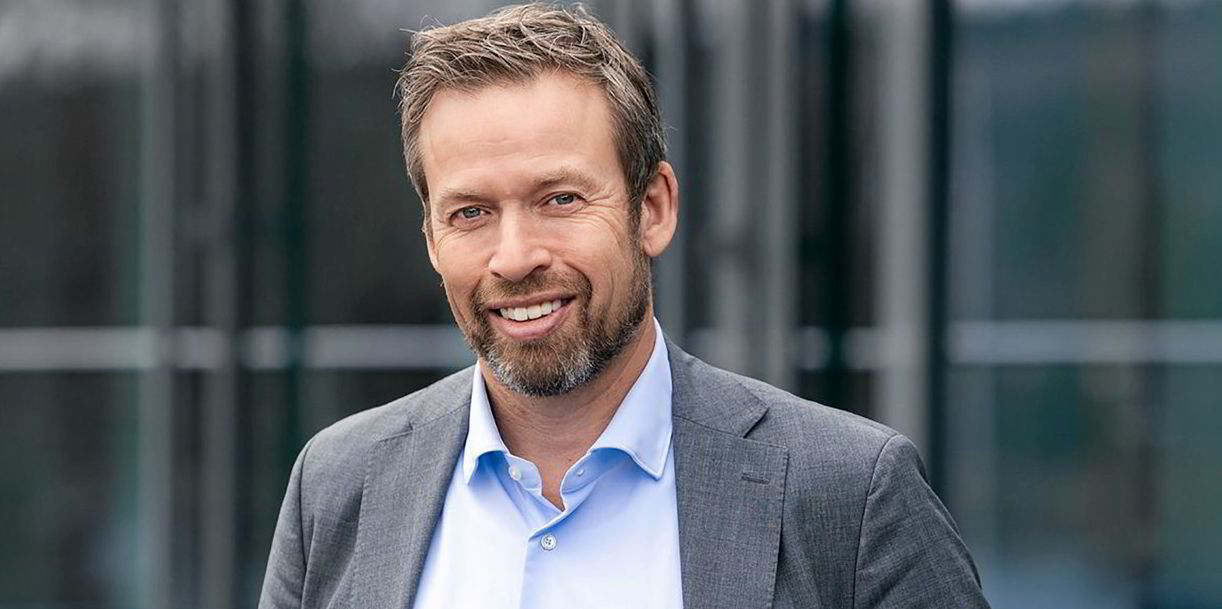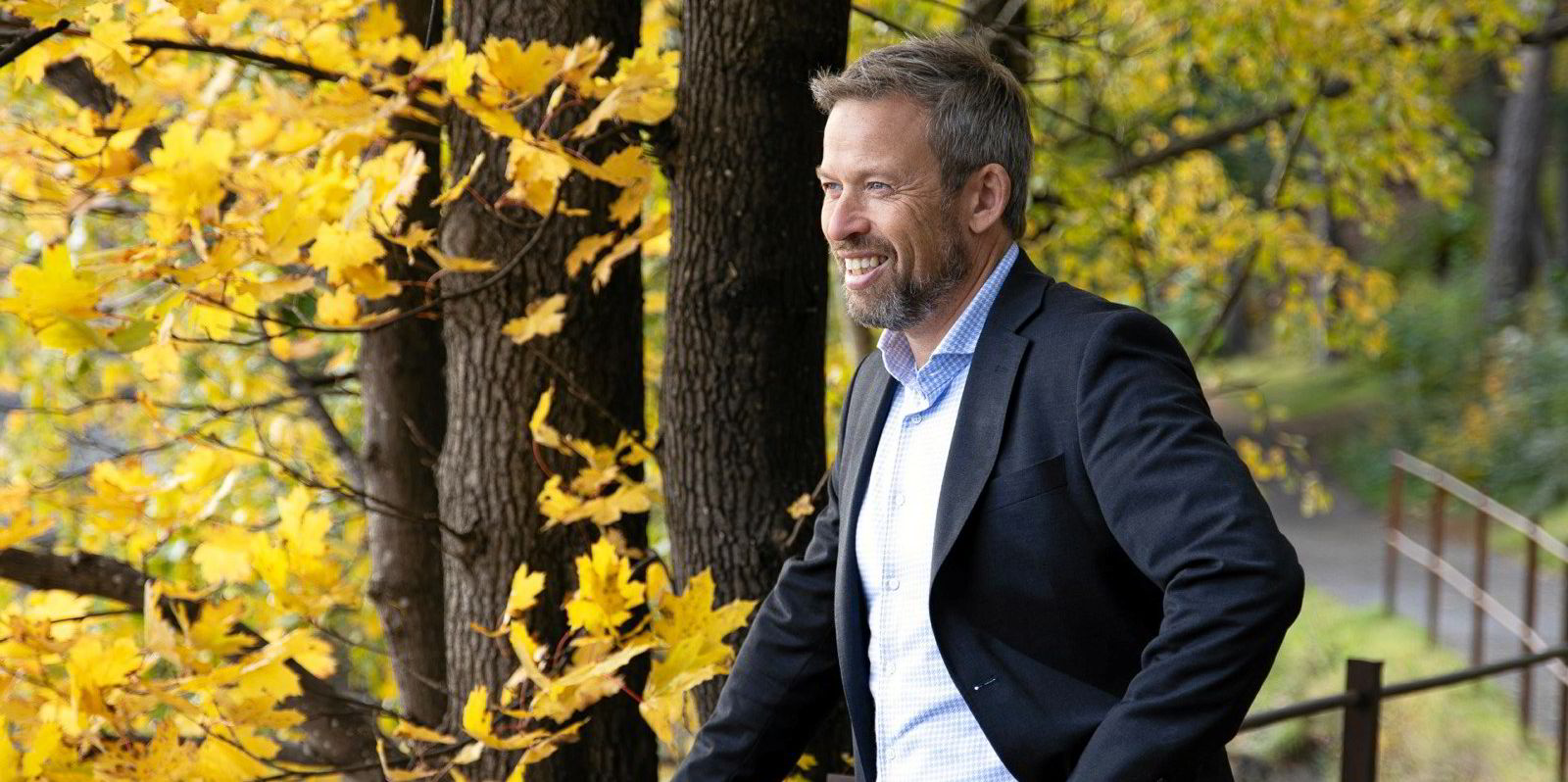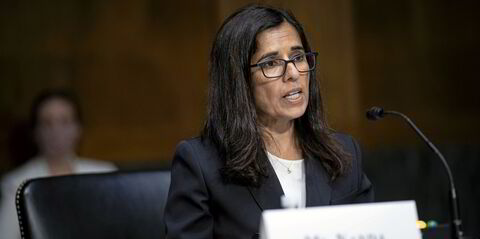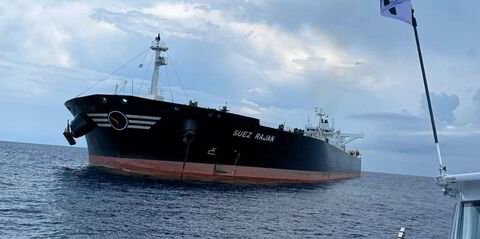Torvald Klaveness chief executive Ernst Meyer was forced to use the “T” word as he explained how shipping can reach net zero.
He believes that only a tax on carbon-based fuels can propel the change needed.
The Norwegian group’s boss told guests at the annual Klaveness Forum in London that shipping did not pay much attention to CO2 until relatively recently — “and then suddenly we discovered that, ‘oh, we need to run fast’.”
The lead time to construct a greenfield plant for clean ammonia is close to 2050, Meyer argued.
“And the bad news is that this fuel that we need to adapt to is highly inefficient and very expensive and dangerous to people. So how should we make that transition?” he asked delegates.
He believes decarbonisation targets can only be hit on a level playing field for everyone in the industry.
“So how can we make that happen? That would be through regulation, like we did with double-hull tankers in 1993 when we were fed up with pollution,” he said.
“But it’s harder to make a regulation that tomorrow we have to burn a fuel that doesn’t exist. So this time that’s not really the solution.
“So what we need to do then is to make this very inefficient and very expensive fuel cheaper than what we have left. And how do we do that? Tax. A global carbon tax would create such an environment and create the necessary gravity.”
First-movers must be protected
The industry has to ensure that first-movers are not disadvantaged. “Because that’s what we’re facing at the moment,” Meyer said. “So this is the nut we have to crack to get to zero.”
The key in the meantime is trading efficiency, he believes.
A vital part of this is technology and the group’s combination carriers that spend far less time travelling in ballast, due to loading wet and dry cargoes on different legs.





